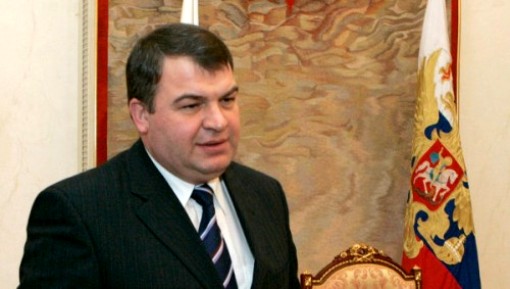October 25, 2010 Berlin (KATAKAMI / DefenceTalk.com) — Russia is open to talks on NATO’s planned European missile shield but wants to play an equal role in its development, Russian Defence Minister Anatoly Anatoly Serdyukov told the German weekly Der Spiegel.
“The most important thing for us is firstly to define what are the real threats to Europe, and secondly is to see Russia put on an equal footing as a participant,” Serdyukov said in an interview to be published in full on Monday.
“It is only thus can an anti-missile defence system be put in place which satisfies everyone.”
Russian President Dmitry Medvedev is to attend next month’s NATO summit in Lisbon and said Tuesday that Moscow was prepared to discuss the Alliance’s proposed anti-missile shield.
Previous US plans to deploy an anti-missile system in former Soviet satellite states in eastern Europe angered the Kremlin, but NATO now hopes to ease these doubts by including Moscow in the planning of a broader system.
Washington insists the shield is to fend off threats from “rogue states” like Iran and is not aimed at undermining Russia’s nuclear deterrent.
“We are looking at the idea of this proposal right now,” Medvedev said after talks in the French resort of Deauville with French President Nicolas Sarkozy and German Chancellor Angela Merkel.
“But I think NATO itself should decide how it sees Russia joining this system, what it will give, in what way agreements may be reached and how to work further.
“Only after examining this proposal will we be able to give an answer as to how we will work further in relation to European missile defence.”
“For the moment, the stakes and the threats are viewed very differently,” Serdyukov told Der Spiegel.
“We don’t share all the West’s views on the capacities of the Iranian nuclear programme,” he said.
Medvedev has long promoted what he thinks should be a common European security strategy uniting the continent once split between the West and the Soviet bloc.
France, Germany and other Western powers have agreed to discuss this, but also remain tied to the NATO vision of a Euro-Atlantic pact including the United States and Canada, with a NATO-Russia council attached to it.
However Serdyukov said that in the near future the two former Cold War rivals will look at each other much more as partners.
